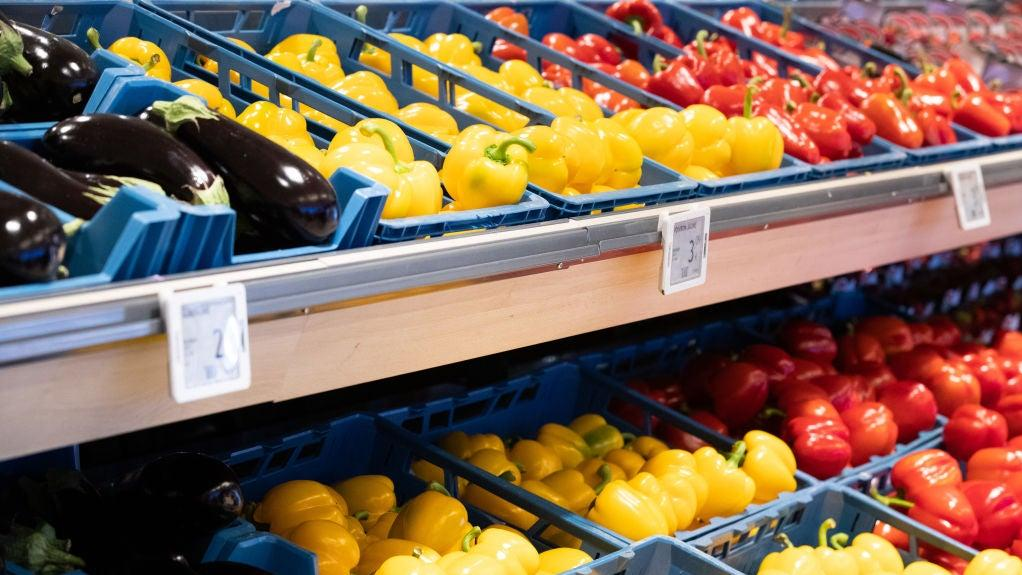That "Sell By" Date Has Nothing To Do With Food Safety
A Vox writer explores the fallacy of the food expiration labeling system.
Greetings, fellow rule-followers. Do you ditch your durian as soon as it gets a tiny bit mushy? Do you shudder at the idea of keeping a can of green beans past that ever-confusing "Best By" date? I get it: I'm the same way. I cleave to food expiration dates with the desperation of someone who's lost touch with their five senses. But a new article from Vox's Alissa Wilkinson sheds light on the fallacy of food labels and how they contribute to the world's growing food waste disaster.
In the article, Wilkinson cites a 2013 study co-authored by the Harvard Food Law and Policy Clinic and the Natural Resources Defense Council. The study finds, first, that the average American family throws out somewhere between $1,365 and $2,275 worth of food each year. The study also found that food makes up 21% of input to American landfills. The reason behind a lot of this waste? Misunderstood food labels.
Wilkinson's article is a thorough indictment of the arbitrary U.S. food labeling system, explaining that "expiration" dates aren't actually expiration dates at all; that is, they don't necessarily correlate to food spoilage. As Wilkinson explains, these labels first popped up following World War II, when American consumers started gravitating toward the uniform abundance of supermarkets. The whole issue began with date codes printed on cans, which were supposed to tell the grocer when to rotate their stock. And even though the labels weren't designed for consumers, marketers realized that consumers wanted to know how "fresh" their food was. They shifted their approach, making sure customers saw the labels as a selling point.
Unfortunately, the federal government failed to standardize those labels. Today, different states might have vastly different requirements for milk or meat freshness—and that's not even getting into the very confusing "best by," "sell by," and "best if used before" labels. But the important thing to know is that those "freshness" dates almost never correspond to the food's actual safety. Still, for a lot of us, a food past its "best by" date might go straight to the garbage, regardless of its smell or taste.
Wilkinson makes a few recommendations to remedy this issue, including a national standardized food date labeling system. The most important shift might be the consumer mindset; that is, encouraging consumers to rethink their own interactions with food, relearning how to trust their sense of smell or taste to check a food's freshness. The article is eye-opening, packed with information that could hopefully lead to a shift in consumer food waste. Check out the full story on Vox.
